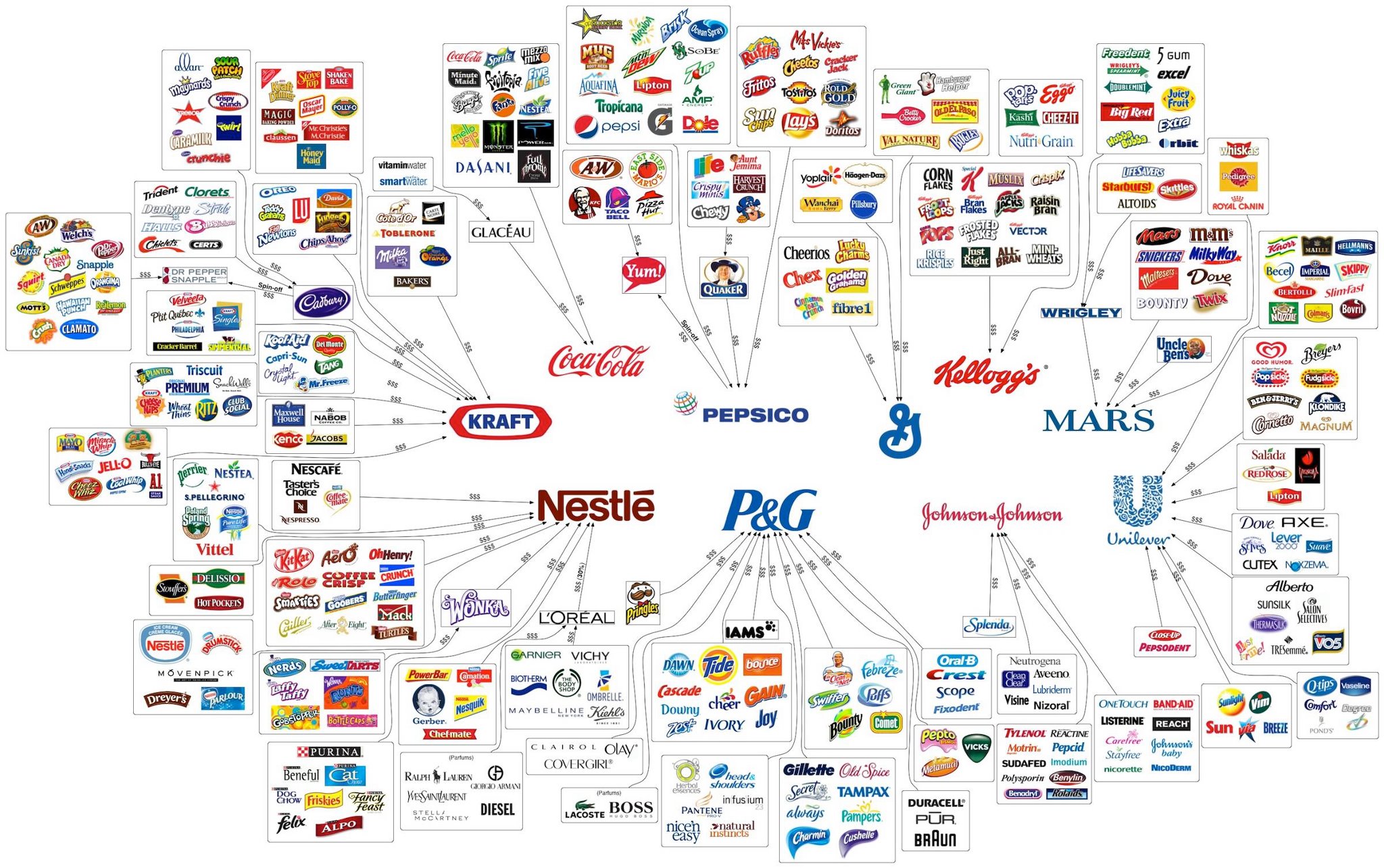Painting a dismal picture of the failure of the Doha round of trade negotiations, Jagdish Bhagwati highlights the advantages of a multilateral trading system compared to Preferential Trade Agreements (PTAs) in this piece in Project Syndicate.
"The failure to achieve multilateral trade liberalization by concluding the Doha Round means that the world lost the gains from trade that a successful treaty would have brought. But that is hardly the end of the matter: the failure of Doha will virtually halt multilateral trade liberalization for years to come."
He argues that PTAs will inevitably reflect the "power relations" between trading partners and the rule based system that hinges on a fair deal to countries irrespective of trading power will be replaced by a more unequal trading regime of agreements favouring the more powerful trading nations.
"Now, however, with the era of multilateral trade rounds and system-wide rules behind us, the PTAs are the only game in town, and the templates established by the hegemonic powers in unequal trade treaties with economically weaker countries will increasingly carry the day. In fact, such templates now extend beyond conventional trade issues (for example, agricultural protection) to vast numbers of areas unrelated to trade, including labor standards, environmental rules, policies on expropriation, and the ability to impose capital-account controls in financial crises."
The more damaging indictment is that the PTAs will overshadow the pride of the WTO - the Dispute Settlement Mechanism (DSM). He visualises PTA-driven dispute resolution undermining the DSM at the WTO.
Comments"Unfortunately, this insidious attack on the second leg of the WTO also extends to the third leg, the dispute-settlement mechanism. The DSM is the pride of the WTO: it is the only impartial and binding mechanism for adjudicating and enforcing contractual obligations defined by the WTO and accepted by its members. It gives every member, big or small, a platform and a voice.
Once PTA-based DSMs are established, however, adjudication of disputes will reflect asymmetries of power, benefiting the stronger trade partner. Moreover, third countries will have little scope for input into PTA-based DSMs, though their interests may very well be affected by how adjudication is structured."
Are the fears of inequitable PTAs taking over trading relations real? While the failure of the Doha round is a matter of serious concern for those who have invested time and energy in developing multilateral trade rules, is there a serious threat to the multilateral trading system because of PTAs? Is it an alarmist stand? What is the extent to which PTAs cover international trade? Are we seeing an end to the WTO as an influential international institution that has compelling powers in international law epitomised by its "binding" nature of dispute resolution? Are all PTAs inequitable and usurped by powerful trading partners? Is there scope to democratise PTAs and ensure developing conutries interests are protected? if this can be done and PTAs become the preferred route for trade rule making, does WTO lose its relevance. More importantly, if the PTAs have their own dispute resolution mechanisms, will the "crown jewel" of the WTO too face a serious threat? I had blogged earlier of a bright future for the WTO? Is it realistic to presume that the authority of the WTO as a negotiating and dispute resolution body will wane over the years?


